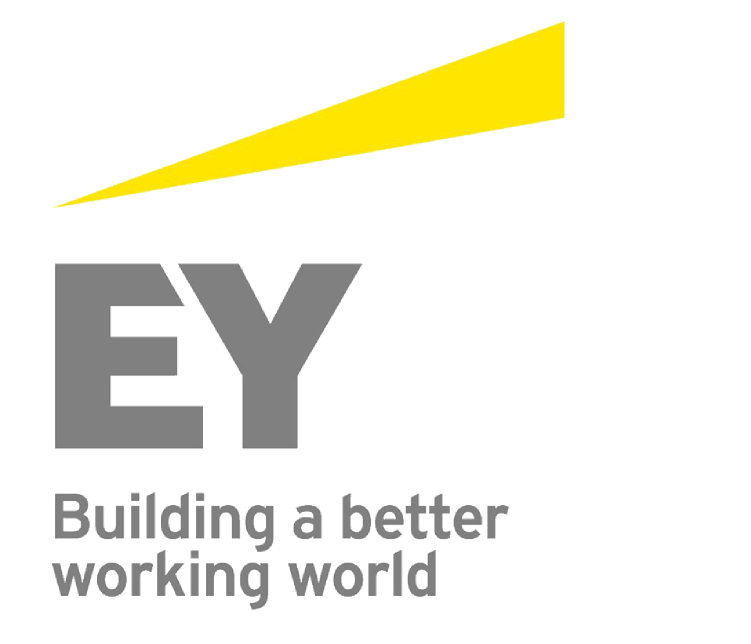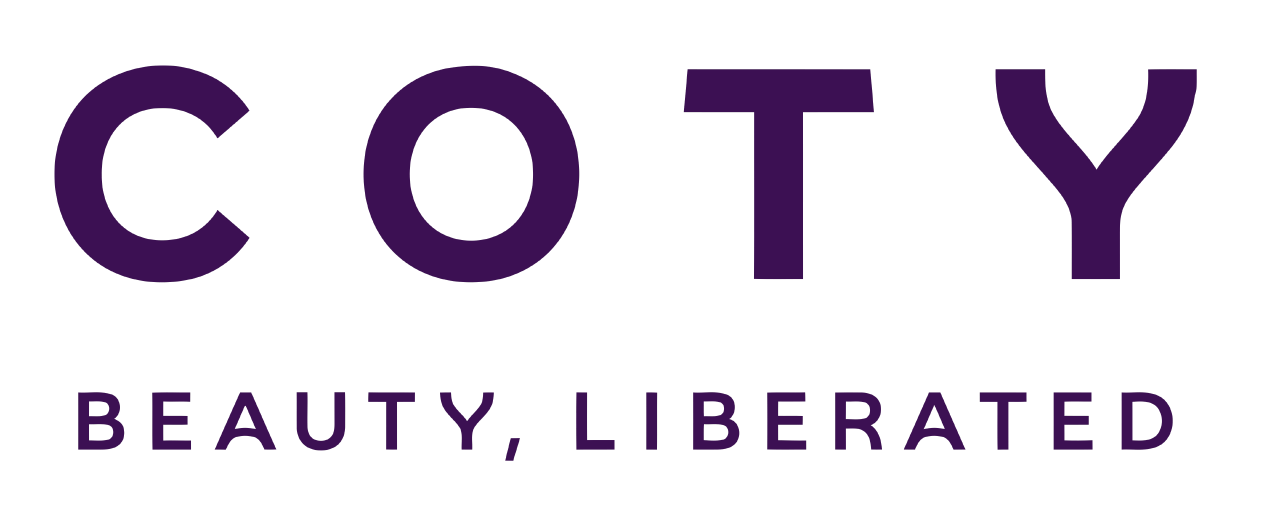Virtual event marketing strategies with a step-by-step guide
Jun 28, 2025
In today’s digital-first world, a brilliant virtual event isn’t just built, it’s marketed. Behind every successful online gathering lies a well-crafted marketing strategy that speaks to the right people, at the right time, in the right way.
This guide reveals proven virtual event marketing strategies, complete with step-by-step tactics to help you stand out in a crowded virtual space and leave a lasting impression.
The role of virtual event marketing
Virtual event marketing plays a crucial role in the success of any online gathering. It goes far beyond simple promotion; it’s about creating awareness, building anticipation, and driving meaningful engagement.
One of its most powerful advantages is reach. Unlike traditional marketing, virtual campaigns allow brands to connect with global audiences, opening doors to new markets and expanding visibility with relatively low barriers.
Cost efficiency is another key strength. With fewer expenses on print materials, venue branding, or physical logistics, marketers can allocate more of their budget toward high-impact digital channels.
More importantly, virtual events are inherently scalable and sustainable; they can be recorded, repurposed, and promoted long after the live session ends, generating continued value.
Additionally, digital marketing tools provide robust data insights. Platforms like Google Analytics or social media ad dashboards enable precise audience targeting and performance tracking. This data-driven approach empowers marketers to tailor their messaging, optimize conversion paths, and improve future campaigns with each iteration.

The role of virtual event marketing
Key factors to consider in virtual event marketing
Before launching any campaign, it’s essential to lay the groundwork. Here are three critical elements every virtual event marketing strategy should be built upon:
Identify the target audience
Successful virtual event marketing begins with a crystal-clear understanding of who should attend and why. Build an attendee persona that captures demographics (age, role, location), primary challenges, and motivations.
Review data from previous events - registration sources, engagement rates, session drop-offs - and supplement these insights with feedback from sales and leadership teams. The result is a nuanced picture of your ideal participant that lets you craft messages, choose channels, and time promotions to resonate with the people most likely to register, show up, and convert.
Set clear goals and KPIs
Next, translate the event’s purpose into specific, measurable objectives. Do you want to generate 500 qualified leads, achieve a 40% attendance-to-registration rate, or secure $50 k in post-event upsells?
Link each goal to KPIs such as total registrations, live-view percentage, average watch time, social mentions, or pipeline revenue. Clear targets keep your team aligned, inform creative decisions, and provide the benchmarks you’ll use to evaluate ROI after the event closes.
Plan the event budget
Finally, map every anticipated cost - virtual event platform fees, live-stream production, speaker honoraria, promotion, branded swag - against your revenue goals and available resources. Small webinars often run $2,000 - $10,000, while multi-track conferences can exceed $150,000 once you factor in studio time and full technical support.
An event-budget planner (spreadsheet or dedicated software) lets you model best- and worst-case scenarios, track real-time spend, and reallocate funds quickly if a tactic underperforms. A realistic, well-monitored budget ensures your virtual event marketing strategy remains both effective and sustainable.

Key factors to consider in virtual event marketing
Marketing strategies for each stage of a virtual event
A high-impact virtual event marketing plan unfolds in three distinct phases: the buzz you build beforehand, the energy you sustain while the event is live, and the momentum you carry forward afterward.
>> Discover more:
Virtual Event Planning: Steps for a Successful Online Event
List of 12 most popular virtual event production companies
Pre-event marketing strategy
Before the cameras switch on, your goal is to capture attention and turn curiosity into confirmed registrations. Each tactic below works together to nurture that conversion path.
Design an attractive event landing page
Your landing page is the digital foyer where first impressions form. Anchor it with a headline that promises clear value, then back that promise with agenda highlights, speaker bios, and a concise call-to-action button that stands out on any screen. Branded visuals improve trust, while a short registration form removes friction and lifts completion rates, especially on mobile.
Promote through social media platforms
Choose the channels your target audience frequents and tailor messages to each one’s culture: concise thought-leadership snippets on LinkedIn, behind-the-scenes reels on Instagram, short countdown clips on TikTok.
Schedule key announcements - speaker reveals, early-bird deadlines, giveaways - so that each post nudges prospects closer to registration. Paid boosts can widen reach with precise demographic and interest targeting.

Promote through social media platforms
Email marketing campaigns to increase registrations
Segment your list by role, industry, or past engagement, then send a sequence of personalized emails: an invitation, a value-packed reminder, and a last-chance alert. Strong subject lines (“Reserve your spot before seats fill”) and clear next-step buttons keep open and click-through rates healthy. Track performance in real time so you can refine cadence or copy mid-campaign.
Collaborate with influencers and industry experts
Partnering with trusted voices extends credibility instantly. Provide partners with ready-to-share graphics, referral links, and talking points so their promotions feel authentic. A guest blog post, a co-hosted LinkedIn Live, or a podcast cameo can all channel new traffic to your landing page while positioning your event as a must-attend gathering.
Build a detailed content strategy to promote the event
Plan a drumbeat of thought-leadership assets - teaser videos, infographics, blog articles - that address pain points the event will solve. Stagger releases to keep the conversation alive over weeks, and always include a visual or narrative hook that previews what participants will gain. Consistency across formats helps potential attendees recognize your message no matter where they encounter it.
>> Read more:
What Is a Virtual Meeting? Types and Key Elements
How to Host a Virtual Meeting: Step-by-Step Guide
10+ best creative virtual event ideas for business
Engagement strategy during the event
Live day is about transforming registrants into active participants and amplifying their enthusiasm beyond the virtual venue.
Post live updates and use hashtags on social media
Share real-time speaker quotes, memorable slides, and attendee reactions with a branded hashtag. Prompt moderators to retweet or repost attendee comments, creating a feedback loop that rewards engagement and shows outsiders what they are missing.
Stream across multiple platforms
Simulcasting to YouTube, LinkedIn, or a corporate microsite removes access barriers and accommodates viewing preferences. Promote alternate streams in advance so latecomers can jump in without extra sign-up steps, keeping total live-view numbers high.
Encourage attendees to create and share content online
Invite participants to post screenshots, key takeaways, or short video reactions while tagging the event. Feature a live social wall inside your platform to spotlight user-generated content, fostering community and giving sponsors additional visibility in the process.

Engagement strategy during the event
Post-event marketing
When the session ends, timely follow-through converts short-term excitement into long-lasting value.
Share key highlights and event recordings
Publish a recap page within twenty-four hours that bundles session replays, slide decks, and a short sizzle reel. Promote the page on social channels so both attendees and no-shows can revisit or discover the best moments.
Send thank-you emails and post-event surveys
A warm thank-you note signals appreciation and keeps your brand top of mind. Embed a brief survey link to gather feedback on content relevance, speaker quality, and technical performance. Insights gathered now guide improvements for the next edition.
Repurpose event content for promotion
Turn panel discussions into blog posts, splice keynote clips for social media, and quote data points in upcoming white papers. Repurposed assets extend shelf life and drive organic traffic long after the live broadcast concludes.
Measure the success of virtual event marketing
Tie results to the objectives set earlier. Core metrics include registration volume, live-attendance rate, average watch time, chat engagement, lead-to-pipeline conversion, and overall return on ad spend. Analyze data by channel to identify which tactics delivered the highest impact, then document lessons learned to fine-tune your next virtual event marketing cycle.

Measure the success of virtual event marketing
A well-planned virtual event marketing strategy not only boosts attendance but also delivers long-term brand impact. From pre-event awareness to post-event engagement, each stage requires thoughtful coordination and the right technical support.
At AV Vietnam, we specialize in providing full-service virtual and hybrid event solutions - including event consulting, marketing support, and top-tier equipment rental such as cameras, livestreaming systems, LED screens, and more.
Whether you're organizing a webinar, product launch, or international conference, our experienced team ensures your event runs smoothly and leaves a lasting impression.
For expert guidance and high-quality technical support, contact AV Vietnam today at +84 939 311 911. We're ready to help you make your next virtual event a success.






